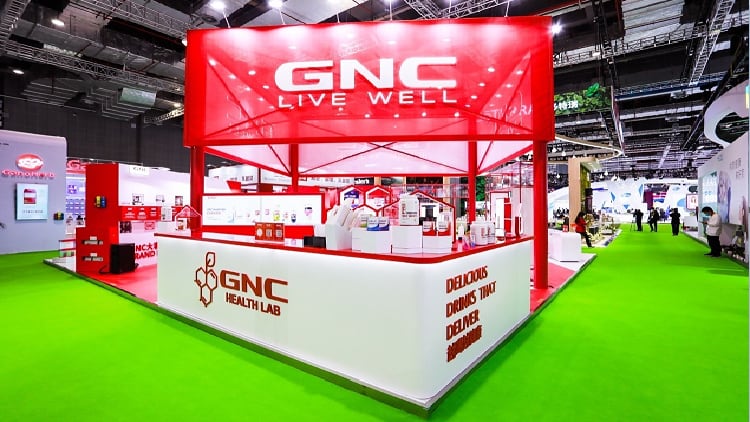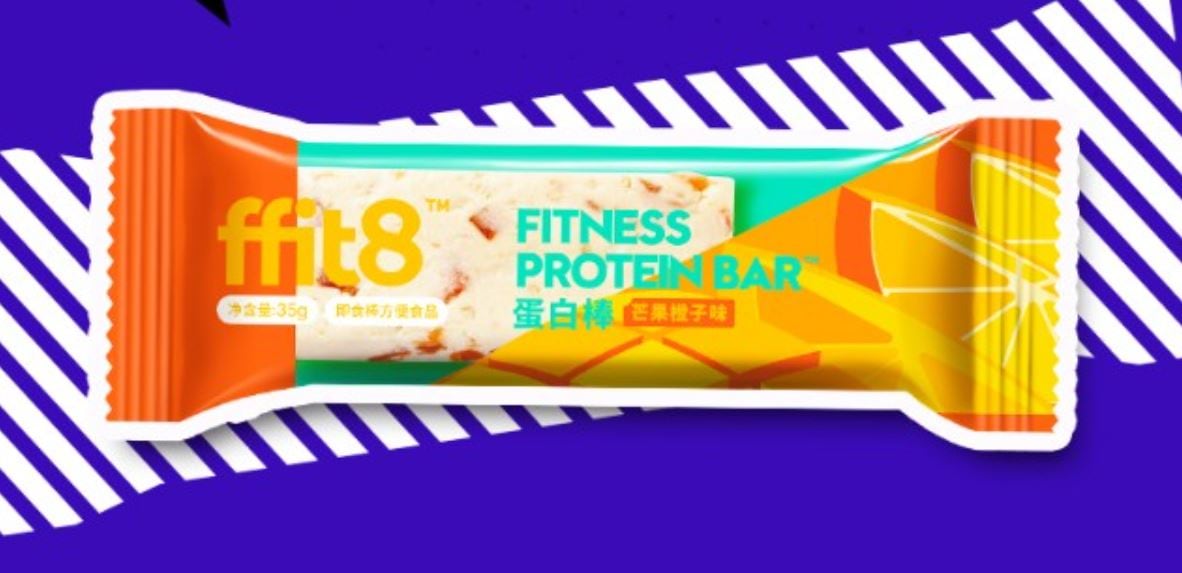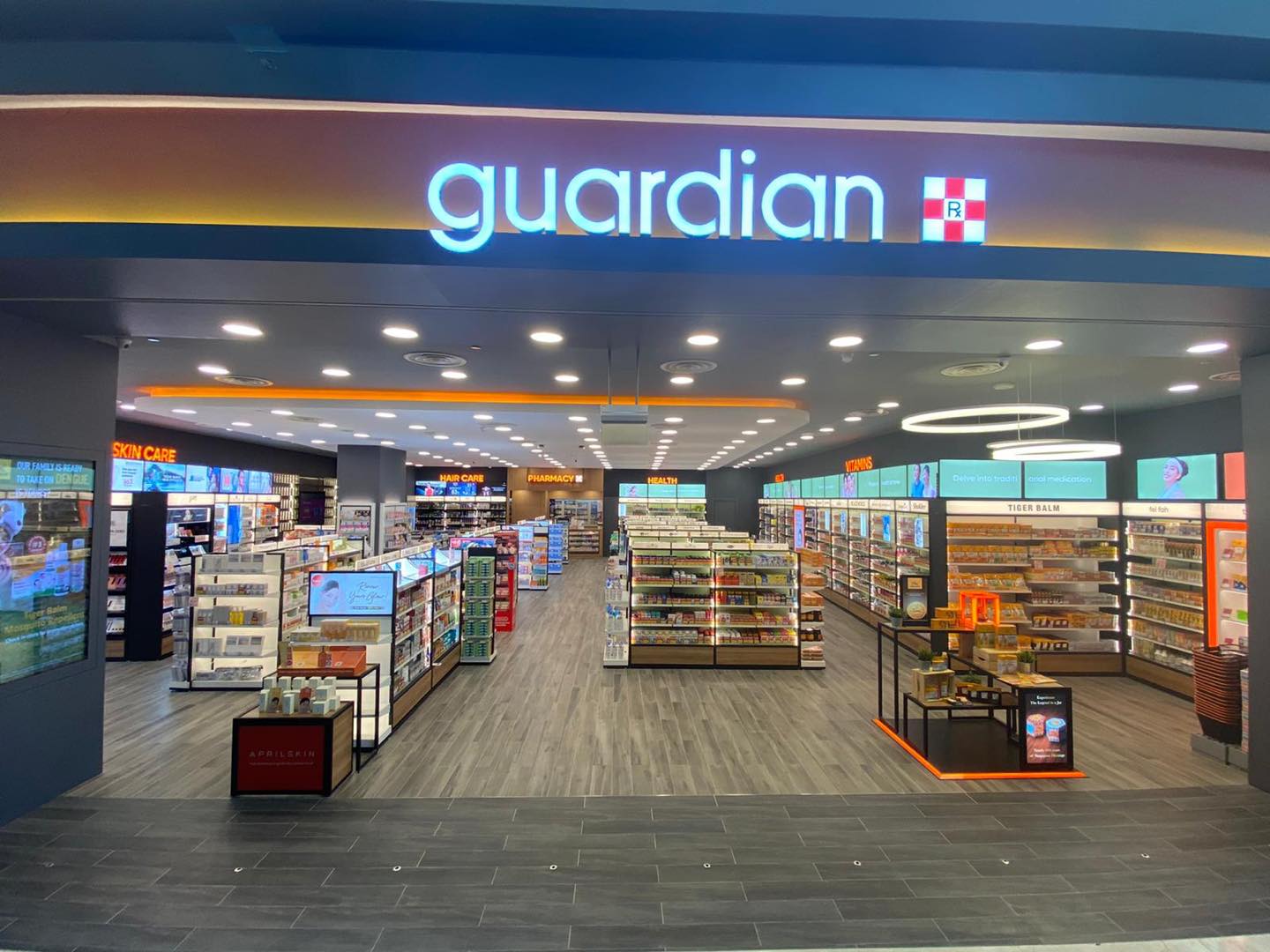The above insights are from two Singapore supplement brands VitaRealm and GreenLife.
The two brands were amongst the top three most popular Singapore brands in terms of GMV in China during the double 11 shopping event on Tmall Global.
According to Tmall, food supplements, baby bottles, and bird’s nest and other nourishing food products were the top three bestselling categories when Chinese consumers purchase Singapore products.
Aside from VitaRealm and GreenLife, other brands which made it into the top five included nutricosmetics brands Expressions, Crystal Tomato and milk bottle brand Hegen.
Asked the opportunities seen in China’s dietary supplement market, both VitaRealm and GreenLife told NutraIngredients-Asia that eye health has been a key concern and has become the bestselling category.
VitaRealm said its bestselling SKU in China was its PowerEye Kids product.
GreenLife also said demand for children’s lutein had increased exponentially since February this year to become its top-selling product on its Tmall overseas flagship store.
“The majority of people having to work from home and students having to attend school via online means this year has prolonged their exposure to electronic devices on a daily basis.
“As such, we do see more parents paying attention to eyecare solutions and supplements for their children such as lutein, which prevents vision deterioration such as myopia and astigmatism,” Li Na, China market manager at GreenLife said.
Li added that gynaecological probiotics were the firm’s second most popular product in China, as women have become more financially independent.
She also expects to see China’s dietary supplements market to become more segmented, diversified, and targeted.
Probiotics, sports nutrition, and beauty supplements are highlighted as the categories that will grow rapidly in the coming year, according to Li.
This is in line with the observation that Alibaba has observed in Chinese consumers’ consumption behaviour in Tmall.
We recently reported that beauty supplements have become the fastest growing segment within the health and wellness space in Tmall.
Women and the youth
On the other hand, the two brands have identified women and youth as the key consumers of health supplements in China.
Both brands sell their products into China via cross-border e-commerce.
The e-commerce channel is widely used by younger consumers which is why this age group is seen as a key consumer group.
“The majority of Chinese consumers who shop online are younger and are among the Generation Z demographic.
“They are more digitally-savvy, have a strong interest in trying out new experiences and are more discerning about the type of products they purchase,” Kelvin Choo, regional general manager of Hi-Beau Group – the parent company of VitaRealm said.
He added that the company’s target consumer group also include the high-income individuals.
As for GreenLife, the company has identified women living in the 1st and 2nd tier Chinese cities as its main target consumers, while the younger generation is seen as an emerging consumer group.
“Women tend to prioritise the health and wellness of themselves and their family, but we are also seeing that youths in smaller cities have a similarly strong purchasing power and are gradually becoming one of our main consumer audiences too,” Li said.
Having spent the past three years developing the China market, Li said the goal ahead was to reach out to consumers in the smaller Chinese cities and provinces with affordable and high-quality products.
Singapore’s appeal
Supplement brands from Singapore, alongside Malaysia, are the most sought-after South East Asian brands in China.
A reason is because Singapore-made products and brands are recognised for its quality assurance.
“The Made-in-Singapore brand is generally seen by Chinese consumers as a mark of assurance, quality and reliability, especially when it comes to edible products such as food supplements.
“Consumers are usually happy to pay a reasonably higher price in exchange for good-quality products imported from an established market like Singapore,” William Zhao, senior director of Asia business development at Tmall Global said.
Choo echoed the views, adding that Singapore, with its strict regulations on food security and health procedures, required strict checks to be conducted on the products before they enter the commerical market.
However, in spite of the recognition, Zhao pointed out that there was still stiff competition from Australian and New Zealand brands.
As such, Tmall believes that Singaporean brands can stand out by engaging consumers via interactive means.
Zhao said, for example, they can conduct livestreaming to get closer to and build trust with their target audience.
Zhao emphasised that livestreaming was no longer something that was “nice to have”.
“[This is because] livestreamed shopping has already taken firm roots in China’s e-commerce landscape and is no longer something that is ‘nice to have’,” he said.





